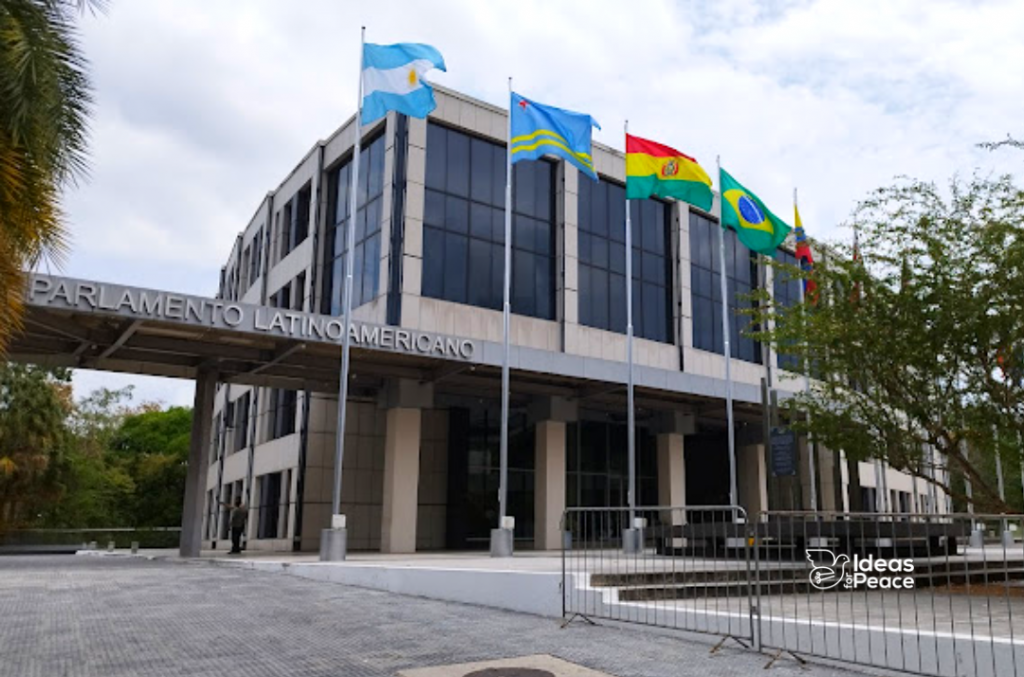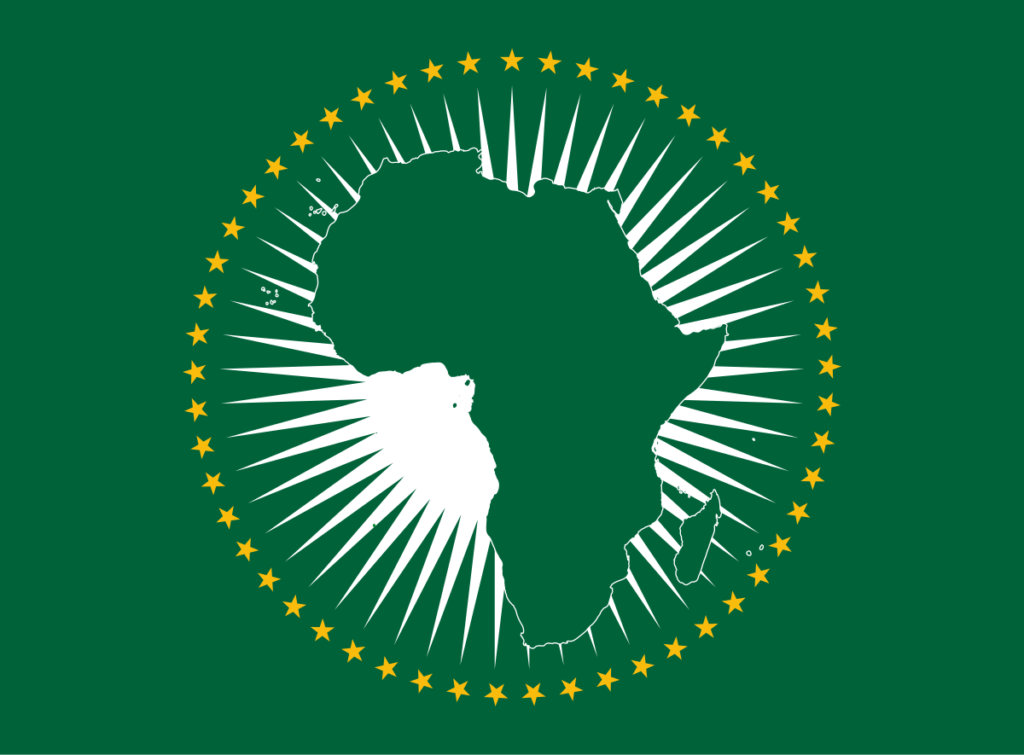PARLATINO and its role in the advancement of Human Rights in the Region

The “Leyes Modelo” Framework of the Latin American and Caribbean Parliament (PARLATINO) and its role in the advancement of Human Rights in the Region Author: Andrés Laguna Martino Throughout the 20th Century, decolonization from former European powers had become a wide reality for most of Latin America and the Caribbean region. Though the former shackles […]
Northeast India and Southern China: A point of conflict or of regional integration?
Northeast India is a relatively secluded sub-state region that has of late started acquiring significance at the international level as a potential site of major conflict between China and India, or as a potential bridge between them.
The Role of Regional Integration in Fighting Crime and Terrorism: The Case of the African Union’s (AU’s) Initiatives, 1999-2014
As regional organizations facilitate economic integration, they also find themselves increasingly taking responsibility for security issues as well. This paper outlines the experience of the Africa Union, and the challenges it faces as it emerges as a guarantor of security on the continent.
ASEAN Vision: Peace or Conflict?
Kyi Kyi Seinn discusses ASEAN Vision 2020, and looks beneath the rhetoric of peace and harmony to reveal the tensions of economic exploitation and international migration. She argues that the significant power imbalances between the original ASEAN 6 countries and the newer, less developed member states (Cambodia, Malaysia, Indonesia, Thailand, and the Philippines) have not been adequately addressed in the plans of economic cooperation.
Key words: regional integration, economic exploitation, migration, displacement, ASEAN Vision 2020, CLMV countries, AFTA, CEPT, ASC, AEC
Prospects of Amalgamating the SADC and SACU
At its inception, the principal mandate of the Southern African Development Community (SADC) Treaty was to enhance regional integration within the SADC region. The initial goal of the SADC Treaty was the development of a common market, common monetary union and a common currency that would facilitate trade within the region. Equally important was the desire to form a bulwark against stronger economies from other regional groupings. On the other hand, the Southern African Customs Union (SACU) also harboured the desire to facilitate the establishment and operationalisation of a customs union, a common currency, common market and a monetary union at different times of its existence. Because of their success, the SADC and SACU are modelled after existing regional groupings such as the East African Community, taking cognisance of the meteoric economic rise of Kenya and economic reforms in Rwanda. This paper examines the possibility of collapsing SACU into the SADC bloc and the attendant duplication and overlapping of tasks by the two institutions. The paper also explores the motivating factors that have contributed to Africa’s regional integration as well as the nature of the integration process. The emphatic part of the paper is on the current challenges of SADC and SACU, notably duplication of functions and overlap within the two groupings. The paper recommends an amalgamation of the two groupings and the harmonisation of their operations and the attendant regulatory framework governing the two RECs.
The Community of Latin American and Caribbean States (CELAC) and Latin American Integration for the 21st Century
Tara Ruttenberg and Gustavo Fuchs analyze the creation of the Community of Latin American and Caribbean States (CELAC) within the new framework of Latin American Integration in the 21st century. They provide insight into existing regional integration initiatives UNASUR and ALBA, and provide commentary as to how CELAC represents a critical tipping point in Latin American integration free from United States dominance.
Regional Integration and Peace
Visiting University for Peace professor Philippe De Lombaerde gives an overview of regional economic theory and its causal relationship to regional security.
The Case of the African Union’s (AU’s) Initiatives, 1999-2014

As regional organizations facilitate economic integration, they also find themselves increasingly taking responsibility for security issues as well. This paper outlines the experience of the Africa Union, and the challenges it faces as it emerges as a guarantor of security on the continent.
